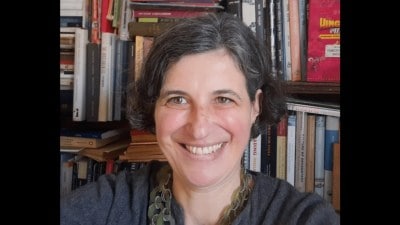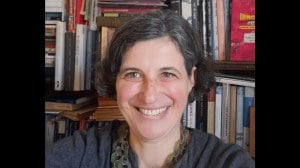Reliving anardent past
Novelist Reynolds Price,76,has lived in his Raleigh,North Carolina,house for 51 years...
Novelist Reynolds Price,76,has lived in his Raleigh,North Carolina,house for 51 years,teaching at his alma mater,Duke University. And yet,he is arguing against the idea of regionalism or any kind of literary niche. Im an American writer,for Gods sake, he says. To him,categorising authors (Southern,Western,gay,female) amounts to a kind of literary racism. Price,who is gay,prefers to be called queer. Wheelchair-bound since the removal of a tumour in his spine in 1985,Price,who has written 38 books,refers to himself as cripple or gimp rather than more polite designations.
Prices new book,Ardent Spirits: Leaving Home,Coming Back,is a memoir of his three years as a graduate student at Oxford in the late 1950s and his first three years back in the US. It ends just before the publication of his first novel,A Long and Happy Life,in 1962.
Price went to England in 1955 as a 22-year-old mourning the death of his father from lung cancer. He was puzzled by his fathers relationship with an old friend who spent time at the deathbed. In the wake of his fathers death,Price writes,he was homesick and was free to fall in love with men.
Prices memory is astonishing. He cant,he says,recall the day before yesterday,but the distant past is as fresh as a parallel universe. He has written that the self-hypnosis he underwent to relieve the pain of surgical scarring and radiation burns after his cancer surgery opened great stretches of memory,resulting in his 1989 book,Clear Pictures,a memoir of his childhood through his fathers death. His second memoir,A Whole New Life (1994),covered the three years from the discovery of the tumour on his spine through the operations that left his legs paralysed.
Ardent Spirits,which took four years to write,is every bit as vivid. It is the first time Price has written about his relationships,particularly his first real loveMichael Jordan,a fellow student at Oxford. This was the great romantic friendship of his life.
Ardent Spirits is also a record of Prices evolution as a writer. When Price first began to publish,many reviewers called him the heir to William Faulkner. Even then,the regional identification made him bristle. In a 1966 piece for The New York Times called A Question of Influence,he expressed dismay that Southern writers were so often said to be influenced by Faulkner.
The search for influences in a novelists work is doomed to trivial results, Price wrote. A serious novelists work is his effort to make from the chaos of all life,his life,strong though all-but-futile weapons,as beautiful,entire,true but finally helpless as the shield of Achilles itself.
Price is clearly loved on campus by fellow professors and also the men and women who work there,many of whom are black. He says he hasnt felt anti-queer sentiment on campus.
He isnt sure what he will write next,but he thinks it might be something about pain. So many people,he notes,live in constant pain with no relief. And yet,for him,pain has been no impediment to productivity. He wrote 13 books before his cancer diagnosis and has written 25 since. He has,he says,an excess of energy and he stays home a lot,which makes it easier to focus on his work.



- 01
- 02
- 03
- 04
- 05




























